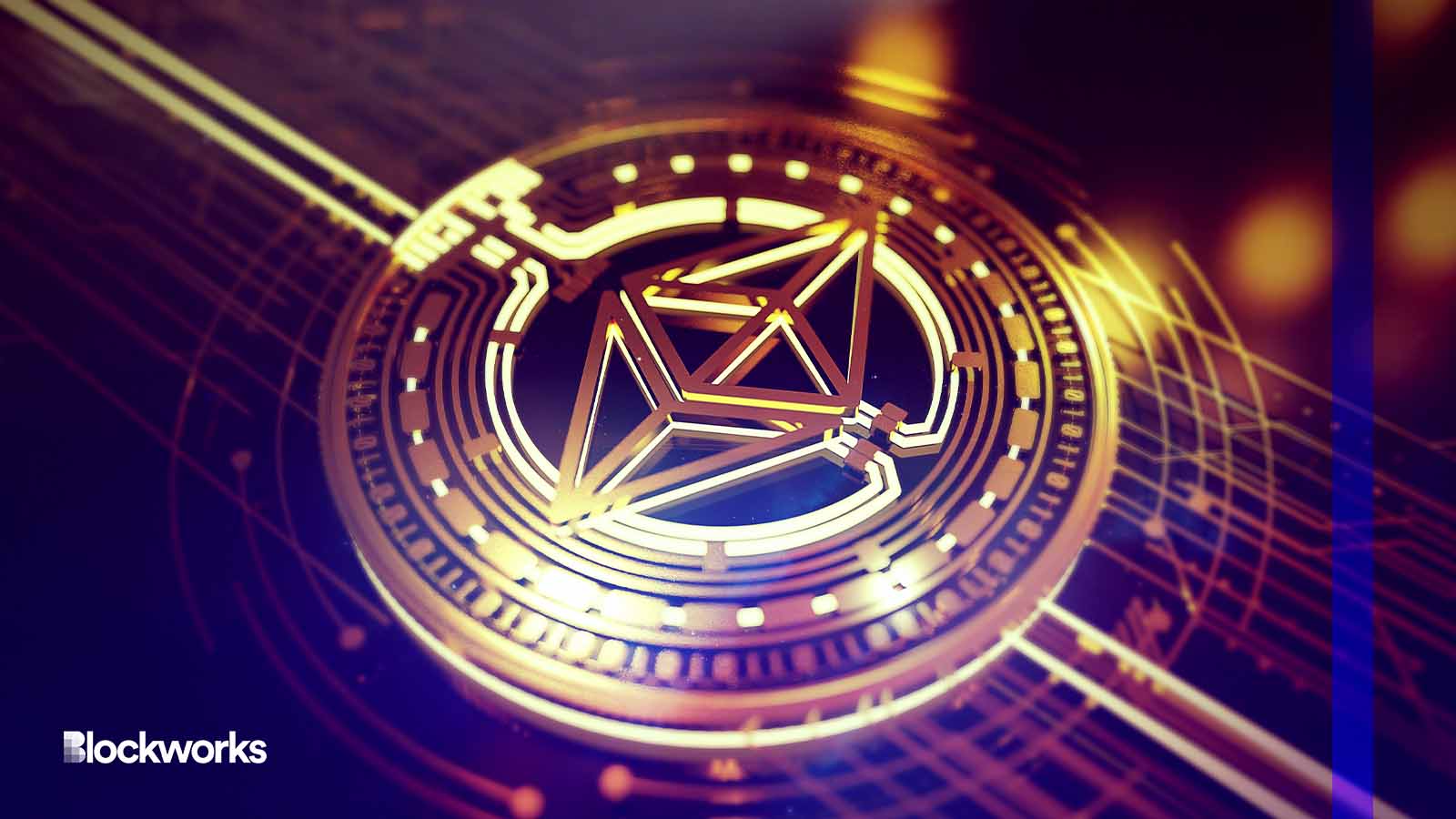Ethereum decentralization takes hit as Blocknative discontinues its relayer
Over 90% of Ethereum transactions are now handled by four relayers, raising fears of centralization

Filippo Ronca Cavalcanti/Shutterstock modified by Blockworks
Concerns about increased centralization on the Ethereum network have intensified, following Blocknative’s decision to discontinue its MEV-boost relay on Tuesday.
Relayers play a pivotal role in settling transactions on Ethereum. They ensure timely and efficient processing, bridging the gap between users and the blockchain by batching and broadcasting transactions. With the exit of Blocknative, the relayer landscape is becoming increasingly concentrated. At time of writing, only four relayers remain active on the network.
Following Ethereum’s transition to proof-of-stake, the roles of block proposing and block building became distinct processes. MEV-boost software was developed to facilitate an efficient market between these proposers, which submit transaction bundles to validators, and builders, which organize the transactions in a specific order.
Following the Merge, a group of well-resourced Ethereum block builders, formerly including Blocknative, began running their own relays.
Today, nearly all Ethereum transactions use MEV-boost relays. 93% of Ethereum blocks created in the past 14 days made use of MEV-boost, according to data compiled on mevboost.pics. At the time that data was compiled, five entities were responsible for relaying 98% of the MEV-boosted transactions, per relayscan.io.
According to Blocknative, it dropped its MEV-boost relay because continuing was no longer economically viable. The four remaining relayers collect no fees for their services, making this core piece of Ethereum infrastructure unprofitable for its operators. A recent Flashbots community proposal aims to start a “PBS Guild” which would solicit Ethereum community donations in part to reward relayers.
Uri Klarman, CEO of relaying entity Bloxroute, believes that a relayer fee mechanism should be activated, however. He suggests that block validators anticipate this move.
“I heard from multiple validators, like, ‘yeah, we don’t understand how you [haven’t charged] us until this point,’” Klarman told Blockworks.
Klarman said relayer fees would require some level of consensus between the remaining relaying entities and, ideally, the Ethereum community. If the economic incentive problem isn’t fixed, though, Klarman thinks the perceived centralization of MEV-boost relays could grow worse.
“In a year, if everything stays the same […] I think it’s very reasonable that there will be [fewer] relays than there are today,” Klarman said.
Elias Simos, the CEO of Ethereum data platform Rated, told Blockworks he is ambivalent toward a future where Ethereum continues to rely on its four major relayers.
“They’re demonstrably long-term actors in the space, so they have a lot to lose [if Ethereum is harmed],” Simos said. “But at the same time, is that enough?”
Updated Sept. 28, 2023 at 10:22 am ET: Updated to clarify that Ethereum transactions are now handled by four relayers.
Get the news in your inbox. Explore Blockworks newsletters:
- The Breakdown: Decoding crypto and the markets. Daily.
- 0xResearch: Alpha in your inbox. Think like an analyst.






